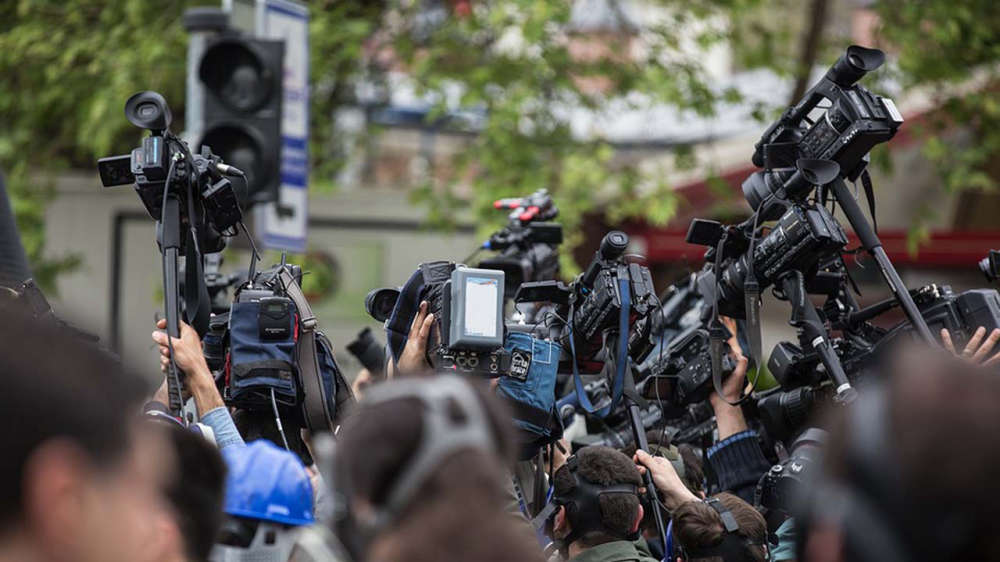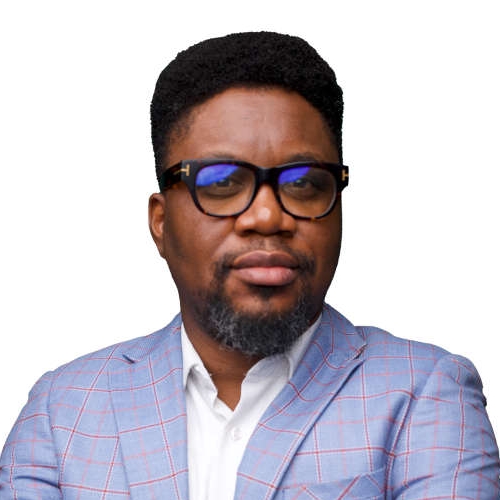
As media professionals in Nigeria joined their counterparts across the globe to mark Press Freedom Day on 3 May, journalists in Nigeria differed with President Muhammadu Buhari's position on the freedom of the press under his government.
In a statement signed by his special assistant on media and publicity, the president praised his administration for ensuring journalists have unrestricted freedom to practice.
"We have kept the faith. We have ensured that Nigerian journalists have had unfettered freedom to practice their art, and on this occasion of World Press Freedom Day, we recommit to that resolution, even as we wind down in office,” the president wrote.
But President Buhari's position did not go down well with the National President of the Nigeria Guild of Editors(NGE), Mustapha Issa, who said the Buhari administration should not take credit for the freedom enjoyed by media practitioners in Nigeria in the last eight years.
He told Nigeria Info that media practitioners fought for their freedom themselves.
"We don't depend on the government to give us freedom,” he said.
“We do our work the way it is supposed to be done. If they put an obstacle in our way, we don't care, all the laws they have made to regulate the media we are aware of them.
“Despite all those laws, we do our work under strenuous conditions, so the idea of someone giving us freedom is out of it," Mr. Issa added.
The NGE also accused the National Assembly of attempts to cage the media. He said practitioners will not allow anyone to trample on the freedom of the press
"The laws that they tried to pass were not executive bills, they were bills from members of the National Assembly.
“They tried to criminalize our professionals but we resisted it. We will continue to insist that all professionals must adhere to the code of ethics.
“Whatever is put on our way, we will continue to practice."
Also, the chairman of Rivers State Council of the Nigeria Union of Journalists, Stanley Job, said there has been no significant change concerning the freedom and right of journalists in Nigeria in the past eight years.
"If you deprive the press of their freedom, you are indirectly depriving members of society of their freedom because the press does not work in isolation,” he said.
“We don’t have that concrete freedom to do our jobs because you will see that, even in Rivers State during the campaigns,” he added.
Mr. Job also urged journalists to be professional in the practice of their profession despite the intimidation.
However, a media trainer, Olalekan Ige, believes that no government gives the press absolute freedom.
Mr. Ige said what the press should expect is something relative to the extent of good working conditions.
"No government will allow absolute freedom to the press. What media practitioners should expect is relative to the extent of good working conditions.
“How independent any media can be is also tied to ownership.”
Statistics from the Media Rights Agenda show that about 19 journalists have been killed in Nigeria since the turn to democracy in 1999, while about 47 incidents of attacks have been recorded in the period.
This year's World Press Freedom Day marks 30 years since the UN General Assembly instituted an international day for press freedom.
The theme for this year’s celebration is “Shaping a Future of Rights: Freedom of Expression as a Driver for All Other Human Rights.”


